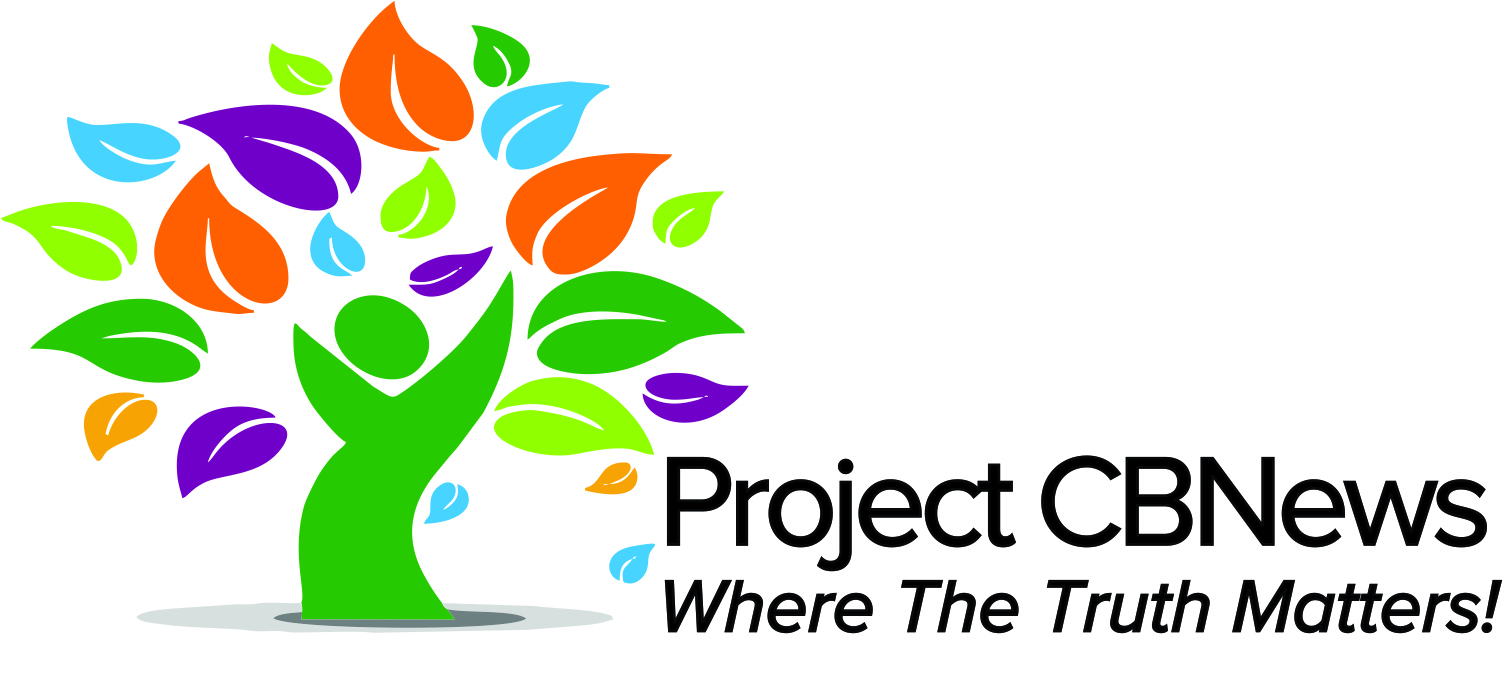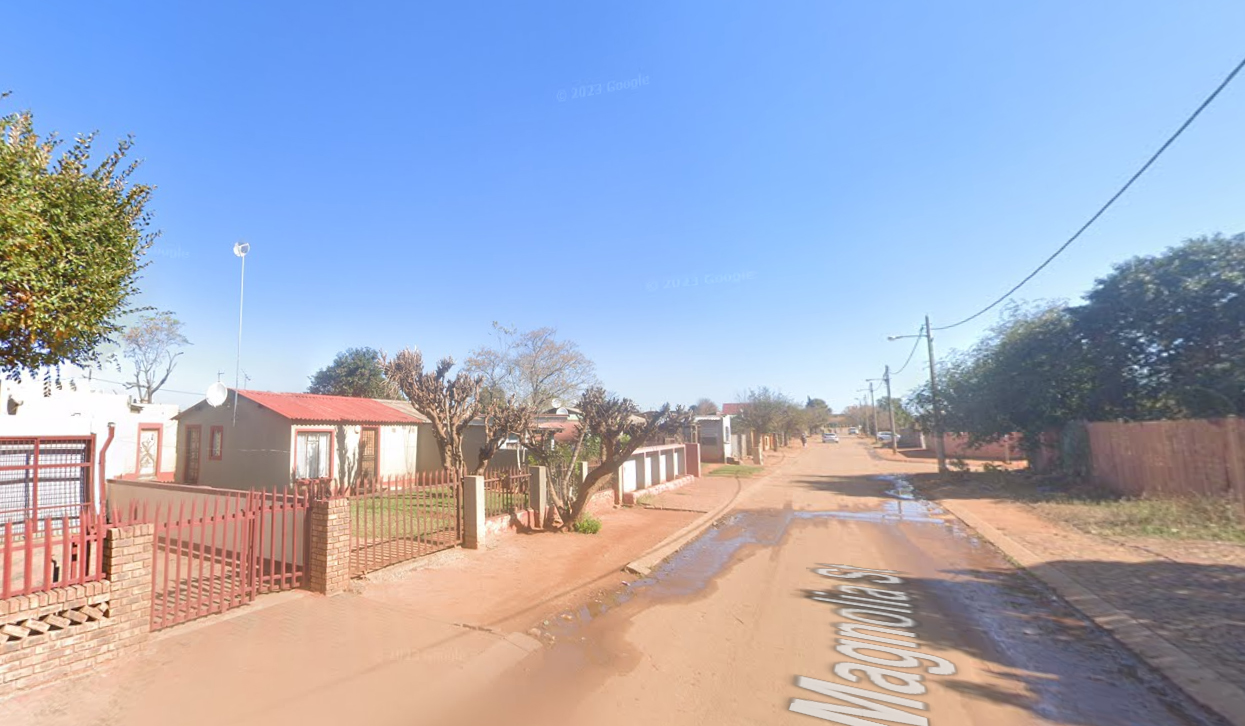On the morning of 26 June at around 6 a.m. the streets of Rustervaal bore witness to yet another outcry—a frustrated community protesting in demand of electricity. As a nearby resident of Waldrif, and someone who gives a voice to public concerns, I cannot ignore the urgency nor the complexity of what is unfolding in our neighbouring location.
The heart of the matter, the Mathata Maproblems, according to a few community members, is the recurring failure of the local power substation—a facility reportedly repaired more than twice by the municipality at great cost. Each time, it was restored to supply sufficient power for the official residents of Rustervaal. And yet, within weeks, the substation would be compromised.
Why was my question? Because if something is fixed then there should not be a need to fix again. Right? The painful truth that many are afraid to voice out loud is that power is being rerouted—illegally —from formal households to informal settlements nearby, for a fee. This overloads the substation causing repeated failures that ripple across the community. I have to ask: How many times can we bandage the same wound which will be opened, scab removed to let it be infected again? The wound needs to be disinfected before its bandaged. So how do we curb the source?
Let me be clear though and this is my humble opinion: obstruction or preventing other community members from going to work, by blockading main roads, is not the solution. Intimidating commuters, shutting down access to essential facilities, or derailing education will not restore power or dignity.
And while every person has a right to live with basic services, the truth is that land settled upon has not been prepared for housing and no amount of aggressive manoeuvres will magically offer basic free solutions.
So we must now ask the uncomfortable questions:
• Where is accountability—not just from authorities, but from within the communities themselves?
• Why are essential resources like the Rustervaal clinic being forced to close, further jeopardizing the health of children who are missing out on vital immunisations?
• Who steps in when desperation turns to danger?
As concerned citizens and leaders in our own households, we must hold space for both empathy and discipline. It is time for residents, local government, service providers, and civil society to come together with sustainable, human-centred solutions—not emotional retaliation or performative politics.
The people of Rustervaal deserve better. But "better" starts with admitting and facing hard truths, strategic planning, and with each of us doing our part—lawfully and respectfully.



